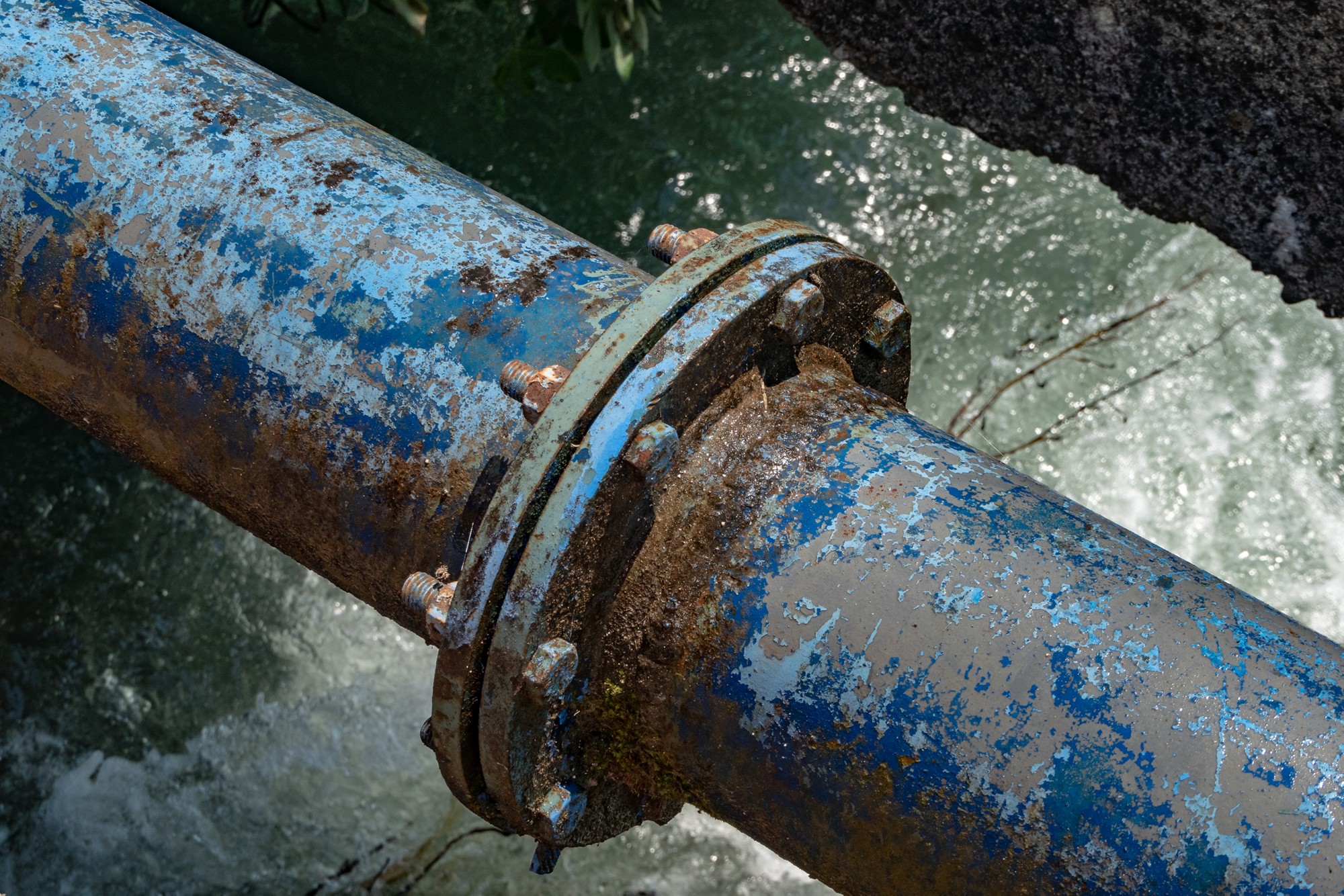Water security is essential for people, ecosystems, and economies, yet GEF has never had a cross-cutting water strategy.
This evaluation is the first to assess how GEF interventions across focal areas—from international waters to land and climate—have addressed water security and where progress remains limited.
Scaling-up of GEF project activities is yet to be achieved at the level necessary to meet countries’ water security challenges.


Evaluation overview
- Projects that expanded community water access through solar pumps, irrigation, and watershed restoration often delivered lasting improvements, with communities maintaining infrastructure well past completion.
- GEF efforts remain fragmented across focal areas, with freshwater underrepresented in results frameworks, few mechanisms to finance outcomes beyond project lifetimes, and governance reforms that often faded without continued donor or government support.
- The report recommends embedding water security explicitly in focal area indicators, designing projects with sustainable financing, and scaling up proven practices through stronger policy and partnerships.
Methodology
The evaluation reviews hundreds of GEF projects since 2006, including case studies in Albania, Bosnia-Herzegovina, Montenegro, Burundi, Morocco, Tunisia, Sudan, and Bolivia, using portfolio review, interviews, and comparative analysis.




